5 Fab Early Mathematical Experiences – easy to do at home
We love to play and learn with numbers at Edx Education.
And we love to help little learners enjoy numbers too. Let’s look at 5 fabulous mathematical experiences which are easy to bring to life at home.
Of course, maths isn’t just learning numbers nor is it about complex activities. Its working things out, solving problems, thought games and having fun. We believe mathis is part of doing what children do best: exploring, playing and learning through hands-on activities.
Dr Paul Swan, friend of Edx Education and an early years maths expert, explains in his book, ‘Early Mathematical Experiences’:
“there are many opportunities throughout the home and school day for young children to have positive mathematical experiences. There is a fine line, however between forcing children to do something and encouraging them to participate in an activity.”
Here are 5 maths-oriented games to play and learn at home:
1. Bean Bag Throwing
Ready, Aim, Fire… Did the bean bag land on the target?
Choose 3 bean bags each, then find a bucket or draw a target on the ground with chalk. For younger children we suggest using colours for the different targets.
Meanwhile, older children can write the numbers for their bags to land on, and see if they can add them together after 3 throws each. The competitive element kicks in with a tally to see how high each player’s score is.
Children love to play together whilst being active with bean bags. They will develop gross motor skills, practicing speech and language, cognitive development, numeracy recognition and many more core development skills.
2. Jump with numbers
Let’s get moving with numbers!
Set the game by drawing numbers 1 to 10 on the pavement in chalk, use painter tape (or masking tape) or use our Edx Education number pads .
If the children are young have them jump, hop or skip to each number counting out loud.
Or one child calls a number for the next child to get to with a series of jumps.
This will improve gross motor skills, social and emotional development and numeracy recognition.
3. Spotting Numbers, Out and About
Look! There’s numbers one, two and three!
There are numbers all around us from street signs, letters on houses, cars, shops and so much more.
Go on a walk with the children and encourage them to chat about the numbers you see, talk about the numbers for example look at the number 5 on a car’s license plate then look for other number 5s… then see if you can find 5 similar leaves.
Being active and challenged at the same time will help the children enthusiastically while away the afternoon with their caregivers, practicing speech and language, cognitive development, numeracy recognitions, and gross motor skills.
4. Splish, Splash, Splash with Water Trays
Does it sink, does it float?
In his book Early Mathematical Experiences, Dr Paul Swan shows there are so many aspects to water play from measuring, emptying, pouring, filling up to a level, floating, sinking…
Fill up and emplty a water tray or a bucket using measuring cups, containers or sieves. Fill it with water if it’s warm or fill it with sand if it’s cold. Leave children to wash their toys, fill containers, sort, separate and muddle it all up. Ask questions to improve their language, like “Which one has more water in it?”, “Which shape holds more water?”, “Why do you think this shapes holds water?”, “What happens when you pour the water from one container to the other?”, “Do any of your water toys float?”.
When playing with water, children will be developing fine/gross motor skills, speech and language, social and emotional skills, cognitive development, whilst having fun.
5. Treasure hunt
We are going on a bear hunt, going catch a big one, we’re not scared! Well, maybe not a bear hunt, let’s have a treasure hunt!
First, discuss favourite colours then make a list of these colours. Once you have the colours, it’s time to go around the house or garden to try collect items of each colour.
Give the children a bucket each – or as a group – to fill with their treasures to bring back to sort them together.
If you want to take it one step further, after the children have collected the items and sorted into colours . Each child can make a pattern or even a picture if all the items are from nature it would be a lovely collage.
See list below for examples of a Nature-focused treasure hunt. But you could also choose a food, toy or other theme.
Children develop many skills from a treasure hunt: fine gross motor skills, cognitive development, speech and language, social and emotional skills. This activity can be as simple as the treasure hunt or extended to include counting, patterning and sorting as well.
Key is that these activities are simple to set up with minimal equipment and can cater for multiple age groups.
Let’s create lifelong learners with Edx Education, helping children advance through learning without realizing.
A new – and growing – collection of digital materials are available online to support new ranges read the ‘Play blog’ on the website, listen to the podcast, see the games and videos and make use of the free downloadable resources for home learning in the teachers/parents section. Head over to www.edxeducation.com even sign up the monthly newsletter.

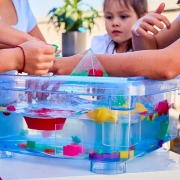 edx education
edx education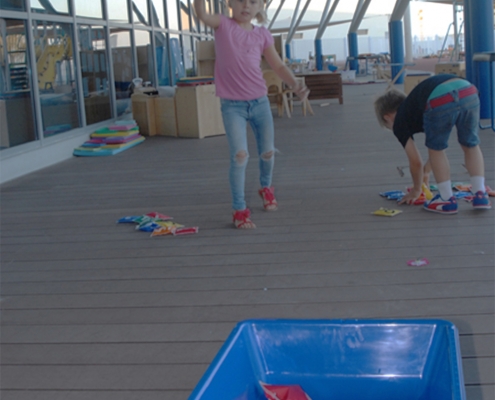
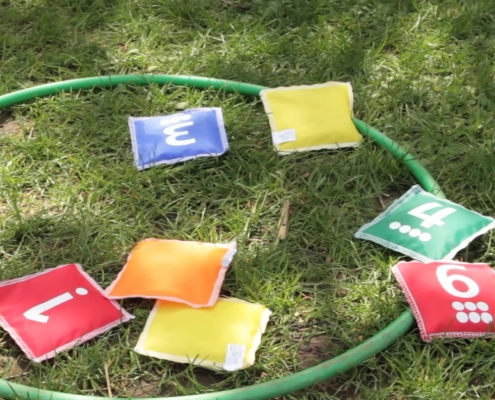
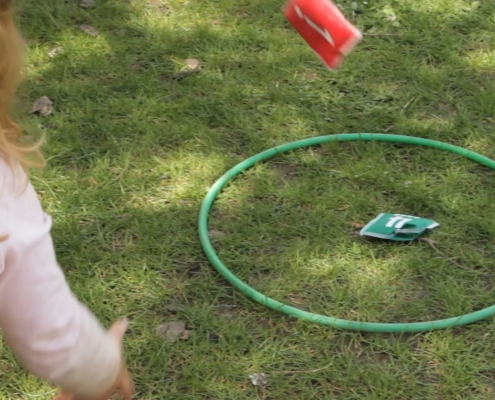
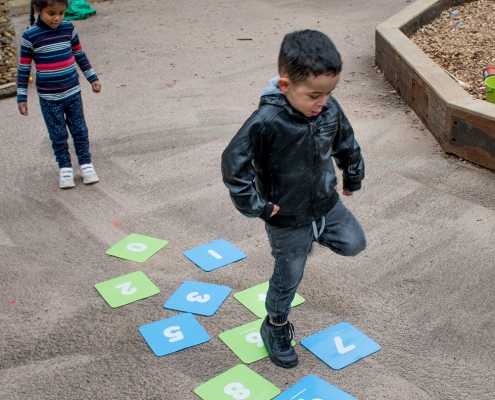
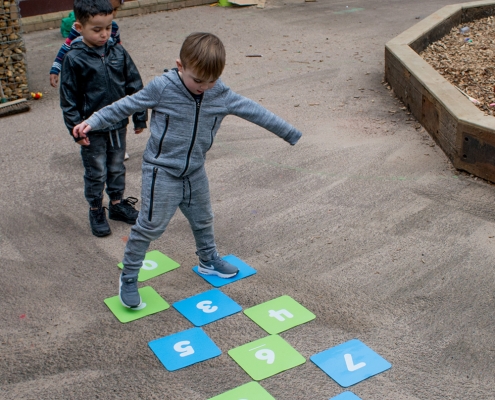
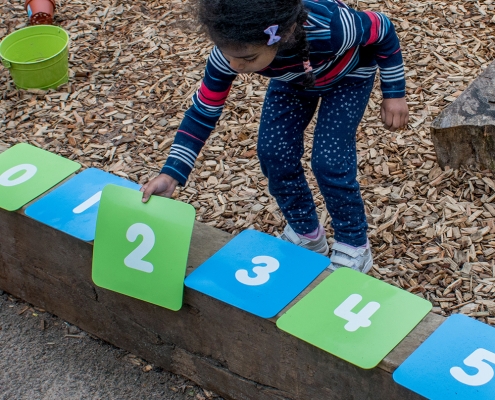
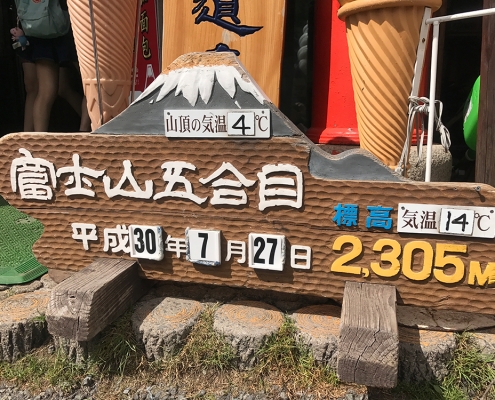
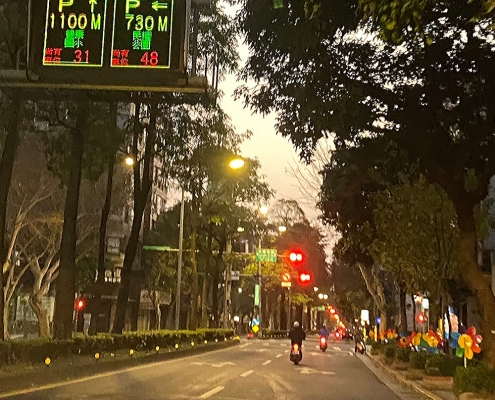
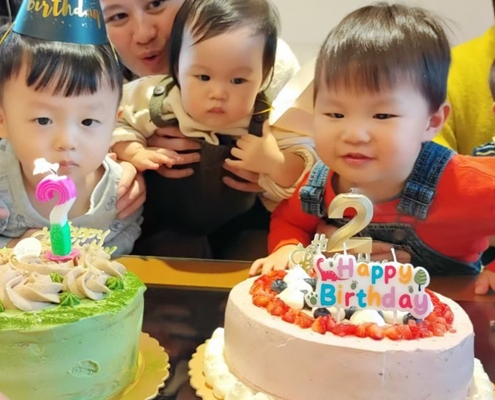
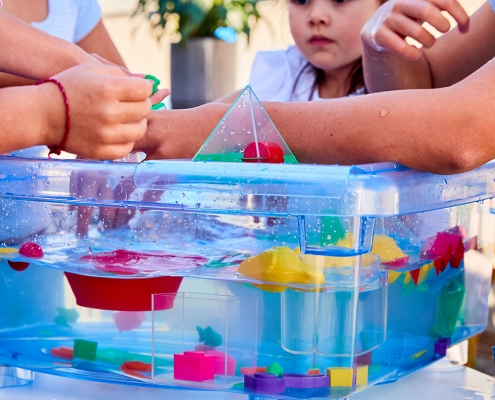
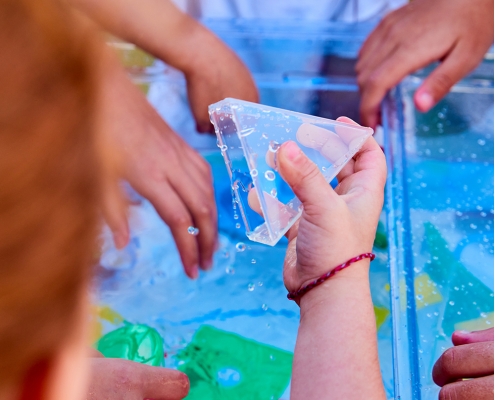
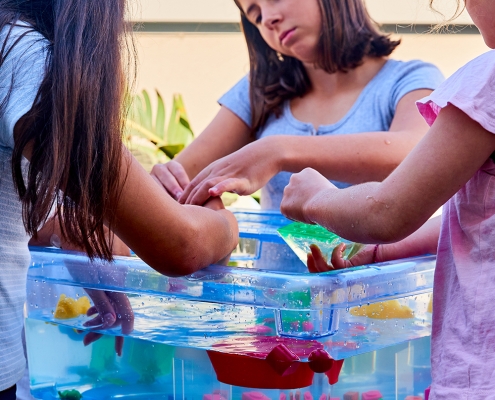
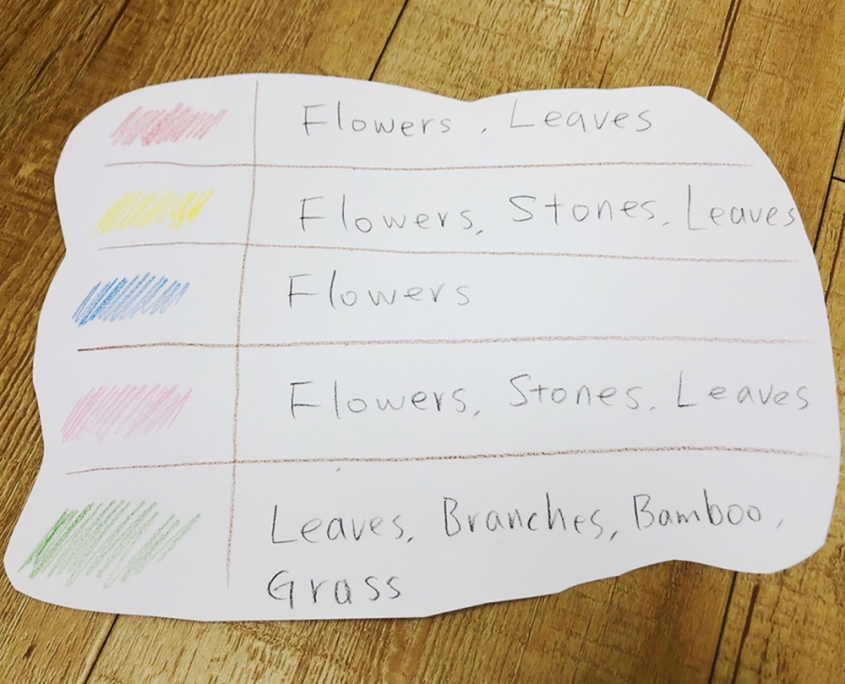
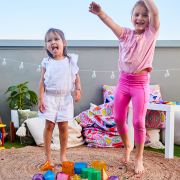 edx education
edx education 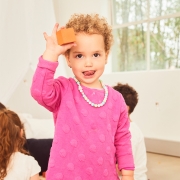 edx education
edx education 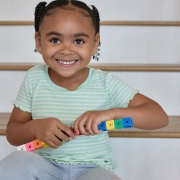
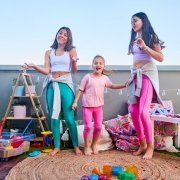
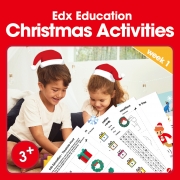 edx education
edx education 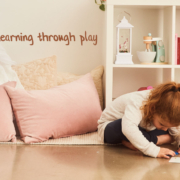 Edx Education
Edx Education  Edx Education
Edx Education Edx education
Edx education